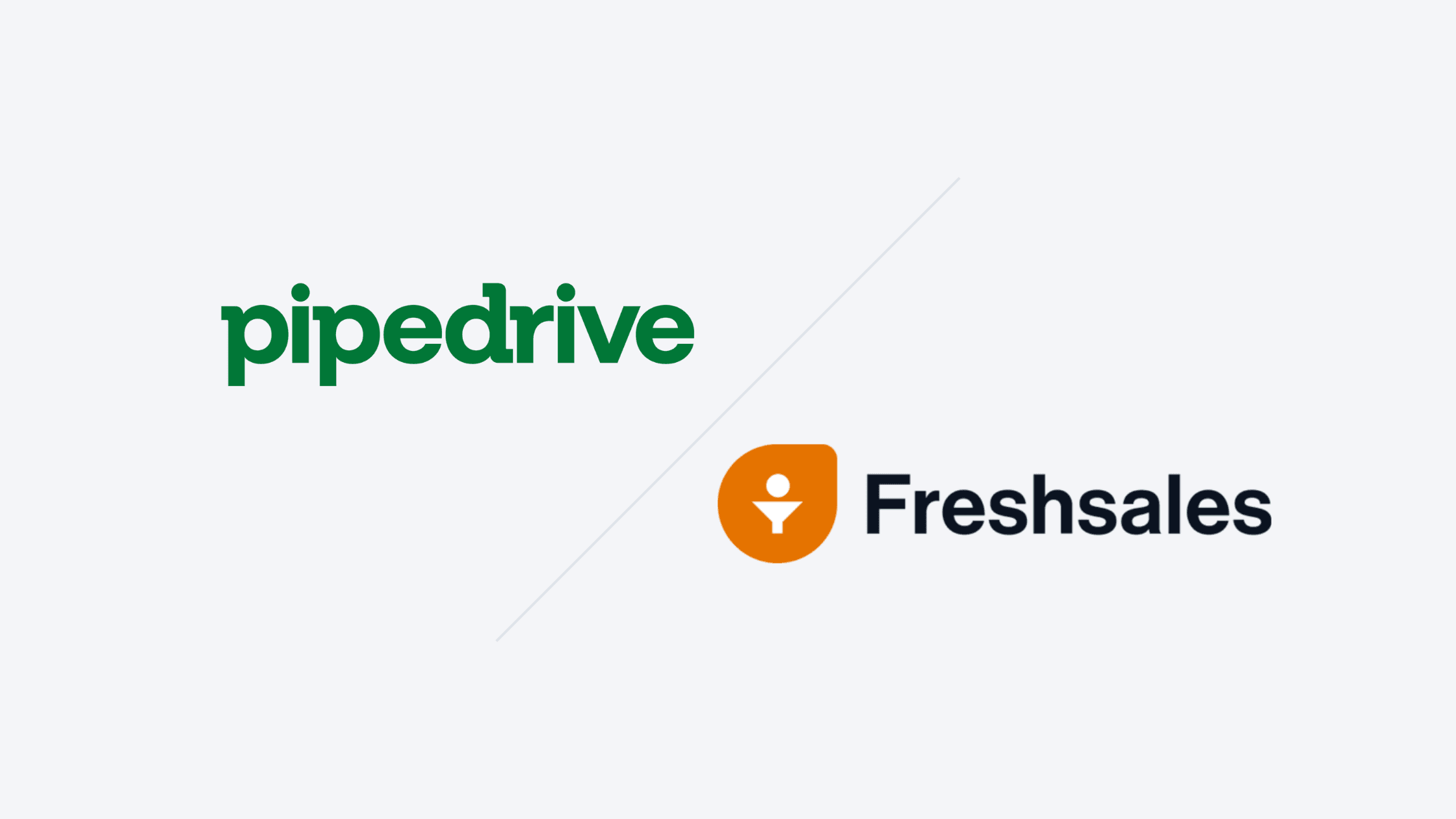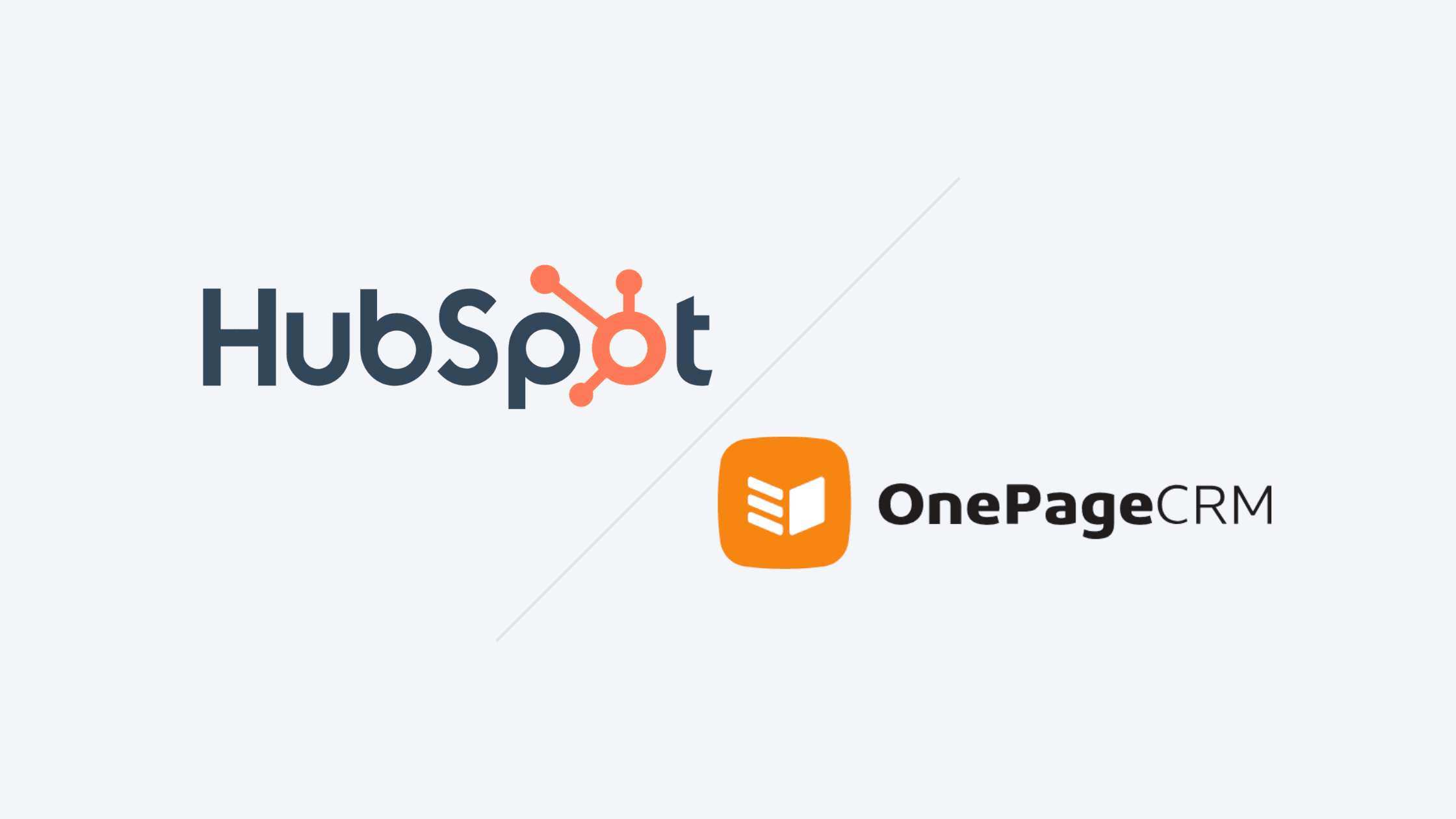Small Business
5 Signs Your Small Business Needs a CRM
Here are 5 common signs for small businesses that indicates your need to upgrade your sales pipeline management with a system like CRM.
Introduction
63% of SMB leaders who use a CRM system say the number one benefit of a CRM is that it helps them provide better or faster customer service.
For many small and medium-sized business owners, an Excel spreadsheet or an old notebook forms the backbone of their operations. Starting as a one-person venture, SMB owners diligently build their business from the ground up. However, as the business grows, there comes a time when implementing structured systems and processes becomes essential. With new employees joining and leaving, maintaining the original vision, culture, brand, and work ethics becomes increasingly challenging without a robust system in place.
Same applies for managing your growing sales and customers. Here are some signals that you can consider to see if you need a CRM in your business.
You need a better way to track prospects and customers.
Your prospects and customers have multiple points of contact.
In the fast-paced B2B environment, it's all too easy to lose track of critical conversations. Was it Dave in sales or Anne in compliance you spoke to last? Has your team received the necessary contract, and is it signed by the right people? A CRM system offers a solution by consolidating all interactions in one centralized location, ensuring your entire team has a clear and accurate view. It becomes your single source of truth, streamlining communication and enhancing efficiency.

One of the ways, for example at Klipy, to handle this issue is to configure email and calendar integration with CRM, to automatically detect and update new contacts that belongs to a company. If theres no company found, the the CRM automatically enriches the company information using the company's domain. Some AI CRMs like Klipy even uses generative AI combined with search engine to find up-to-date information about the company to keep everything in track.
You have a long or complex sales cycle.
For many small businesses, tracking progress over weeks or even months of a sales process can be daunting. A CRM system simplifies this by meticulously organizing your business operations. It tracks conversations, manages contacts, records touchpoints, addresses individual prospect and customer needs, and stores essential documents, ensuring nothing falls through the cracks.

Keeping visibility and transparency of your progress in sales cycle is crucial for collaboration within your growing sales team or with your channel or marketing partners to effectively persuade your prospective clients and build trust. Also, by having a robust pipeline tracking, you can measure and detect different bottlenecks or weak points to adjust and improve on, which helps you grow both on business level and your team's overall performance and morale as well.
Your goal is to grow your business.
As leads turn into paying customers, maintaining organization is crucial for your entire team. A CRM is a scalable tool that enables businesses to develop data-driven processes, ensuring your team can work efficiently and stay focused on goals as you grow.
Some key metrics and areas CRM is well known to help you improve systematically:
Conversions
Deal sizes
Win rates
Qualified leads
Campaign effectiveness
Customer retention
Customer satisfaction
Case resolution speeds
Online revenue
Deployment speeds
You’re ready to leverage automation
Automation can be integrated into every stage of the sales funnel and every department within your business. Your CRM can automate time-consuming tasks, keep customer records organized, improve compliance, send task reminders, and streamline workflows. In fact, research shows that after security and identity technology, workflow automation—utilizing technology for tasks that don’t require human intervention—allows employees to focus on more important responsibilities.
For instance, when a potential customer abandons their cart on your website, marketing automation can instantly send a reminder email about their waiting purchase. Your team only needs to set up this automation once and update it as needed, eliminating the need to manually email each potential customer.
Conclusion
If you find more than 3 of the above reasons to apply for your business for your growth, the next step is to identify a CRM solution that aligns with your business needs. You can follow these guidelines to select the optimal CRM platform for your business.
Identify Your Pain Points: Determine where your business encounters difficulties. Which systems are ineffective? What objectives are currently unattainable, and what are your future aspirations? Document your primary business challenges and your expectations for a CRM.
Catalogue Your Existing Programs and Systems: List the platforms you currently use for email, marketing, contact management, communications, customer service, social media, data management, and other processes. This inventory will help you assess the efficacy of your current systems and ensure that the chosen CRM integrates seamlessly with your business.
Establish a Budget: Determine the amount you can allocate to a CRM. Compare platforms based on your contact volume and essential features. Evaluate the overall value of a CRM, considering its features, customer service, and user-friendliness.
Compare Features and Resources: Invest in the features you need, with scalability options for future growth. Select a provider that offers comprehensive onboarding and support to maximize the benefits of your new CRM.
Consider Future Requirements: While evaluating platforms, consider not only your current needs but also whether the platform will continue to meet your business requirements in the future.
Refine Your List: Initially, you may have a dozen providers on your list. As you assess their features, functionalities, and value, narrow down this list. Once you have five or fewer options, request demonstrations. Engage department heads or potential users to test the platforms and provide feedback.
When selecting the right CRM system for your small business, exercise patience. Thoroughly researching your business needs and the most effective CRM tools and features will be beneficial in the long term.
Your small business has objectives, and a CRM platform can help your team achieve these goals more quickly and with greater precision. Your team will become more efficient, the experiences of both employees and customers will improve, and your business will flourish.
SMB CRM Suggestions and Alternatives
Klipy
AI Powered CRM built for entrepreneurs and small business owners. Extremely simple design and comes with Generative AI powered integrators to automatically filter, comprehend and extract key sales signals from emails and online meetings.

folk
Another CRM focused on easy setup and simplicity, manage pipeline, leads and projects in one place.

Hubspot
Very popular CRM option with full integration of marketing, contents, customer service and sales.

More from the blog









